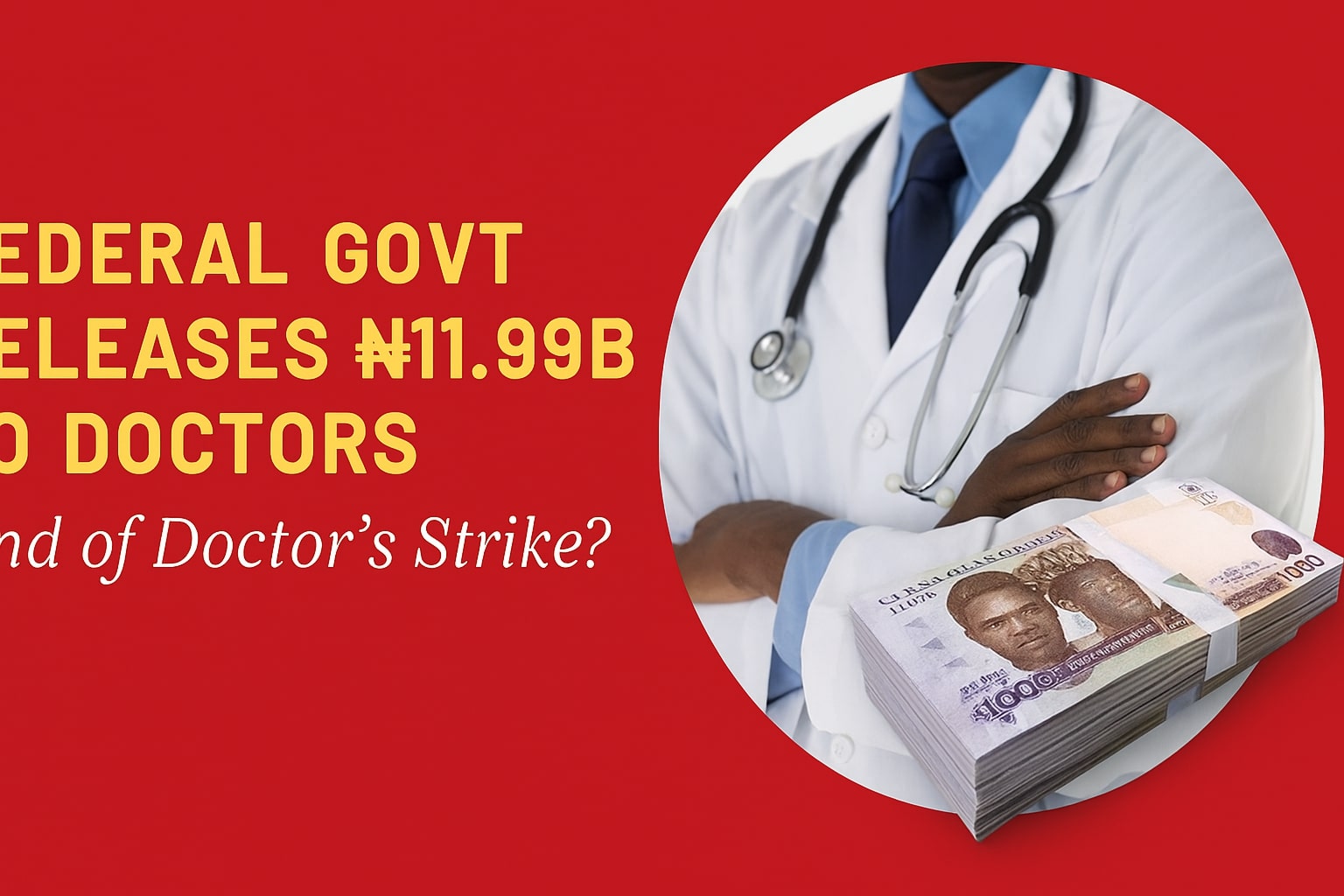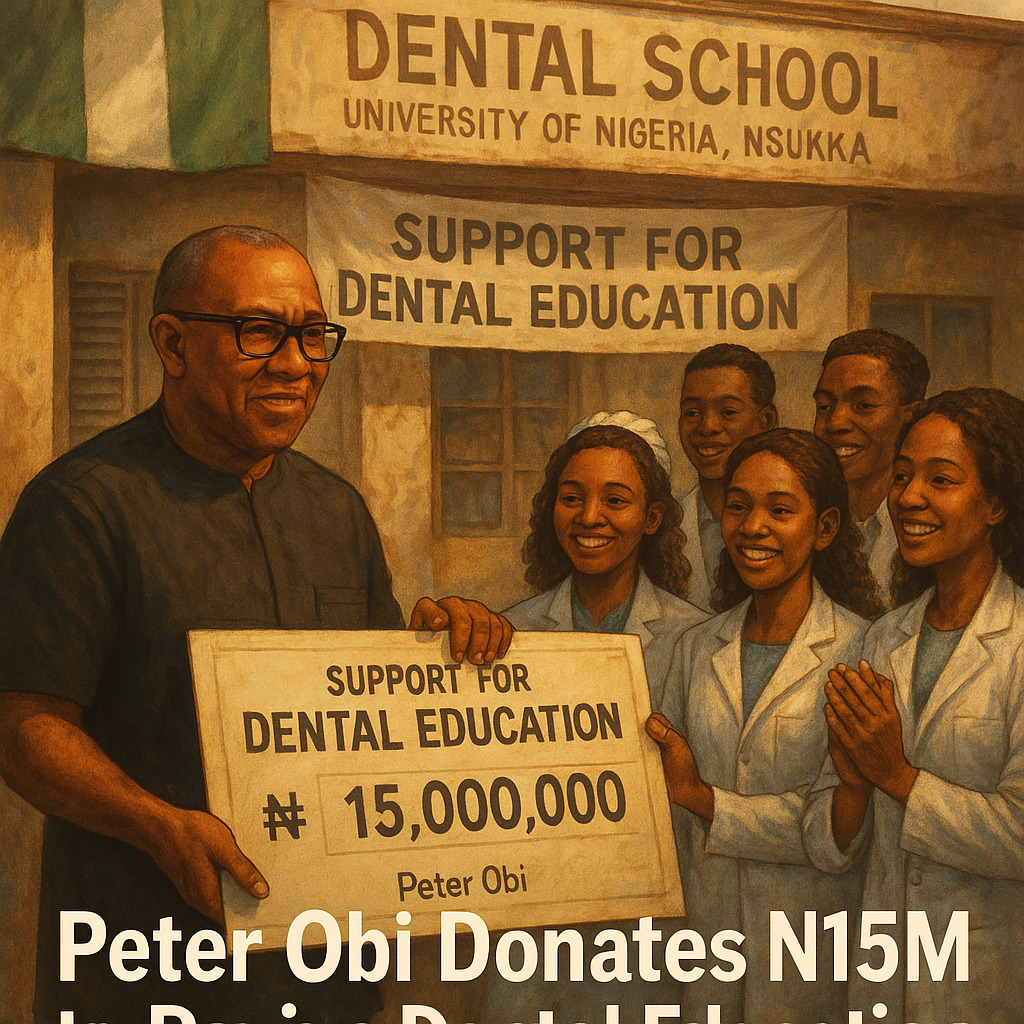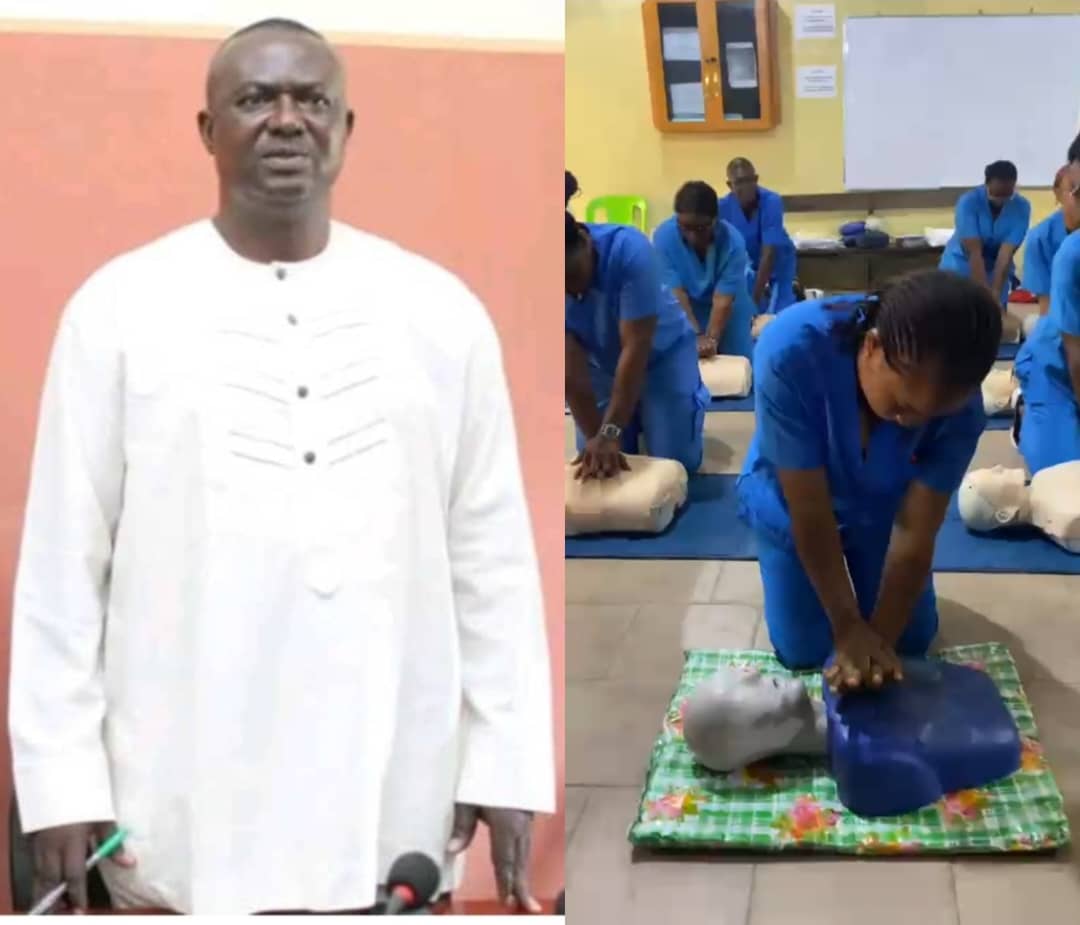An umbrella body for dental students, the African Dental Students Association (AfroDSA) has called on the Federal Government to increase funding and upgrade facilities for dental education in tertiary institutions across the country.
President of the association, Dr Wisdom Okereke, who spoke during the 7th AfroDSA General Assembly and Scientific Conference in Abuja, said most of the facilities currently being used in dental education are outdated and called for the deployment of new technology.
He said: “In some dental schools, some of the technologies or dental chairs used 20 years ago are the same currently in use but there are advanced technologies such as mobile dental chairs, and mobile dental seaters. In some countries, their students are using lube.”
Okereke noted that by embracing and integrating new technologies, the country can revolutionise its approach to dental care, making it more accessible, efficient, and tailored to the unique needs of African communities.
He said oral health remains a crucial determinant of overall wellness and promoting cutting-edge dental practices will have lasting effects on the quality of life for millions across Nigeria and Africa at large.
The AfroDSA president stated that the theme of the conference, “The Impact of Technological Development in Building the Dental Industry in Africa,” is a call to action considering that technological advancement can reshape the field of dentistry across the continent.
“Dentists are trained according to your facilities, and these facilities are costly. I believe that advancing and increasing the budget and making special intervention funding for dental education will go a long way to increase the capacity and quality of dentists,” he said.
Okereke who called for full implementation of the National Oral Policy to ensure the integration of dental care into primary healthcare services, also pointed out that if oral health policy is implemented, the challenges facing the practice, including the Japa syndrome will be addressed.
He lamented that people do not seek dental care until they feel pain. According to him NOMA, also known as Cancrum oris is a preventable disease that disproportionately affects the most vulnerable, addressing its root causes and advocating for affected communities will transform lives and restore dignity to individuals impacted by the disease.
Okereke observed that the World Health Organisation (WHO) in 2023 added NOMA as one of Africa’s most neglected tropical diseases, stressing that NOMA is a connotation of bad oral health, ulcer of extreme poverty and malnutrition. He hoped the gathering would create a roadmap toward eradicating NOMA in Africa.
Okereke observed that its exchange programme with the European Dental Students Association (EDSA) has been a significant milestone, enabling clinical dental students to broaden their knowledge by experiencing dental education and practices beyond their borders.
He explained that this initiative has allowed members to learn from cutting-edge advancements in European dental technology while contributing African perspectives to dental practices overseas.
Okereke expressed confidence that the exchange of ideas will continue to foster a generation of globally-minded African dentists equipped to tackle both local and international challenges.
Earlier, the Minister of Youth Development, Ayodele Olawande, highlighted the need for dental practitioners to work together towards fostering partnerships that will lead to meaningful change and finding sustainable solutions to challenges facing the dental industry and health care system in Nigeria and Africa.
He said the conference theme resonates deeply with a future where technology serves as a catalyst for health advancements and improved quality of life, while the sub-theme, “Noma in Africa: Resolving Challenges and Human Rights Violations,” dwelled on the urgent need to address critical issues that affect the most vulnerable.
Olawande urged dental practitioners to commit to upholding human rights, addressing Noma, and promoting the well-being of all individuals, especially the most vulnerable and also build a brighter future for the dental industry, as well as ensure the youth have access to the care they deserve.
SOURCE: GUARDIAN NEWSPAPER




